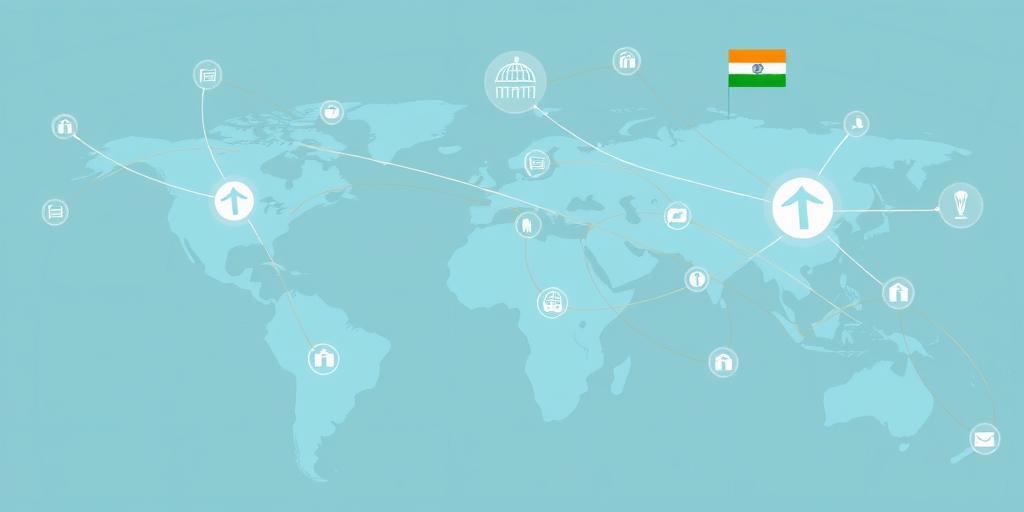Post-Pandemic Business Models: What Stuck in India & Globally?
The COVID-19 pandemic triggered a seismic shift in business models across the globe. As lockdowns, social distancing, and remote work became the norm, companies had to adapt rapidly or risk being left behind. Now, as we navigate the post-pandemic landscape, it’s crucial to understand which changes are here to stay and how businesses are evolving in India and globally.
The Acceleration of Digital Transformation
One of the most significant and enduring changes has been the acceleration of digital transformation. Businesses that were hesitant to embrace digital technologies found themselves forced to do so. This included:
- E-commerce Boom: Online shopping experienced unprecedented growth, with many consumers making their first-ever online purchases. This trend is expected to continue, with e-commerce becoming an integral part of the retail landscape.
- Remote Work Revolution: Remote work, once a perk, became a necessity. Companies invested in tools and infrastructure to support remote teams, and many are now adopting hybrid work models.
- Digital Payments: Contactless payments gained widespread acceptance, reducing reliance on cash transactions. This shift has been particularly pronounced in India, where digital payment platforms have seen exponential growth.
Trends That Remained
Several trends that emerged during the pandemic have proven to be more than just temporary fixes:
1. The Rise of the Gig Economy:
The gig economy, characterized by short-term contracts and freelance work, has continued to expand. Companies are increasingly relying on gig workers for specialized skills and flexible staffing solutions.
2. Focus on Sustainability:
Consumers are more aware of the environmental and social impact of their purchasing decisions. Businesses that prioritize sustainability and ethical practices are gaining a competitive advantage.
3. Hyper-Personalization:
Customers expect personalized experiences. Businesses are leveraging data analytics and AI to tailor products, services, and marketing messages to individual preferences.
India-Specific Adaptations
While many global trends apply to India, some adaptations are unique to the Indian market:
- Vernacularization: Businesses are increasingly catering to regional languages and preferences. This includes offering content and customer support in local languages.
- Value-Driven Offerings: Price sensitivity remains a key factor in India. Businesses are focusing on providing value-driven products and services to attract and retain customers.
- Hyperlocal Commerce: Local businesses are leveraging digital platforms to reach customers in their immediate vicinity. This includes offering hyperlocal delivery and personalized services.
The Future of Business Models
As we look ahead, several key themes will shape the future of business models:
- Resilience: Businesses need to be prepared for future disruptions. This includes building resilient supply chains and diversifying revenue streams.
- Agility: The ability to adapt quickly to changing market conditions will be crucial. Businesses need to foster a culture of innovation and experimentation.
- Customer-Centricity: Putting the customer at the center of everything will be more important than ever. Businesses need to understand their customers’ needs and expectations and deliver exceptional experiences.
Conclusion
The pandemic has fundamentally changed the way businesses operate. While some changes were temporary, many are here to stay. By understanding these trends and adapting accordingly, businesses can thrive in the post-pandemic world, both in India and globally. The key is to embrace digital transformation, prioritize customer needs, and build resilient and agile organizations.
